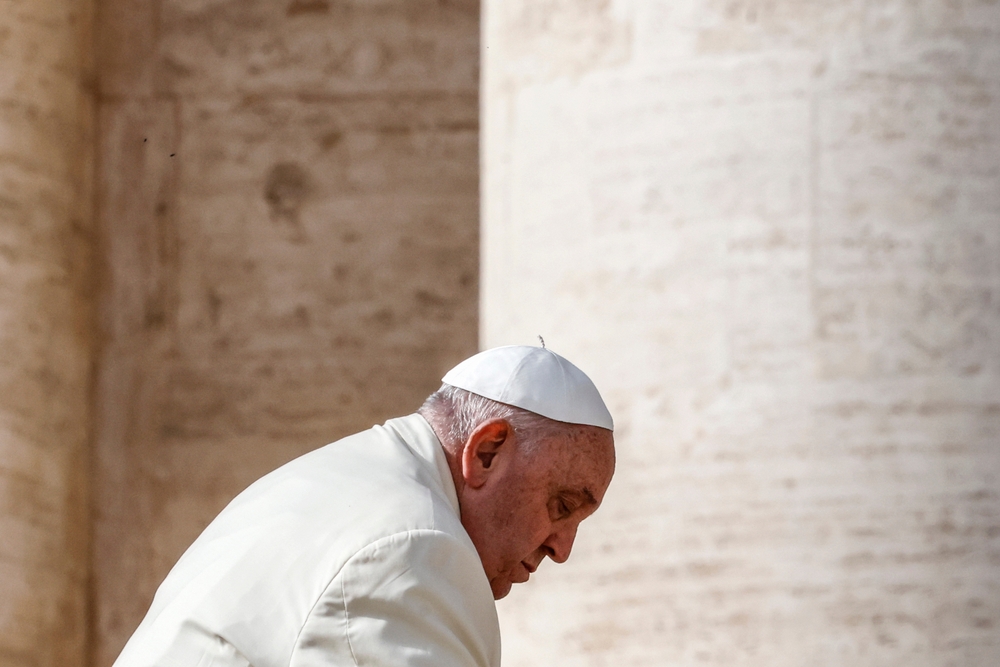Pope Francis, the first Latin American leader of the Roman Catholic Church, passed away on Monday at the age of 88. His death marked the end of a transformative papacy, during which he worked tirelessly to overhaul an institution steeped in centuries of tradition. His passing came as a shock to the faithful, especially after his Easter Sunday appearance in St. Peter’s Square, where he greeted crowds from his popemobile, appearing to be in good spirits.
A Life of Service
Cardinal Kevin Farrell announced the death, stating, “At 7:35 this morning, the Bishop of Rome, Francis, returned to the house of the Father.” The Vatican has not immediately released a cause of death, but reports from Italian media speculated that it could have been due to a stroke or a brain hemorrhage. Pope Francis had been in poor health for some time, suffering from a series of respiratory issues, including pneumonia earlier in the year.
Tributes Pour In
Global tributes have flooded in, with leaders from around the world praising the late pope’s humility and commitment to social justice. His home country, Argentina, declared seven days of mourning, while Brazil joined in the remembrance of “the pope of the poor and the marginalized,” as Archbishop Jorge Garcia Cuerva put it.
His final public appearance on Easter Sunday, just days before his death, reflected his enduring spirit. Even after being discharged from the hospital on March 23, the pope continued to meet with world leaders and speak on issues like the conflict in Gaza, emphasizing peace and unity. Despite his health struggles, his voice remained one of advocacy for the oppressed.
The Global Reaction
World leaders, including U.S. President Donald Trump, Italian Prime Minister Giorgia Meloni, and Russian President Vladimir Putin, all offered condolences, acknowledging Pope Francis’ profound impact on both the Church and the world. Argentine President Javier Milei, who had previously criticized the pope, also expressed his condolences, reflecting the broader respect that the pontiff earned during his reign.
The Future of the Church
A conclave will soon be convened to elect the next pope, though the future of the Church remains uncertain. Pope Francis’ progressive policies and focus on reform, including financial transparency and greater inclusion of women, have shaped the direction of the Church, though not without resistance from conservative factions within the Vatican.
Born Jorge Mario Bergoglio in Buenos Aires, his unexpected election to the papacy in 2013 surprised many, as he was seen as an outsider. His tenure was marked by significant reforms, but also by controversy as he navigated challenges such as the Church’s sexual abuse scandal and internal political divisions.
Legacy of Reform and Compassion
Pope Francis leaves behind a legacy of reform and compassion. Known for his efforts to bring the Church closer to the poor, his emphasis on interfaith dialogue, and his advocacy for climate change awareness, his papacy will be remembered as one that sought to modernize the Vatican while remaining rooted in the core teachings of Christianity.
As the Catholic world prepares for the selection of his successor, the legacy of Pope Francis will undoubtedly influence the direction of the Church for years to come. While challenges remain, particularly among traditionalists who resisted some of his progressive views, his impact on the global stage is undeniable.


